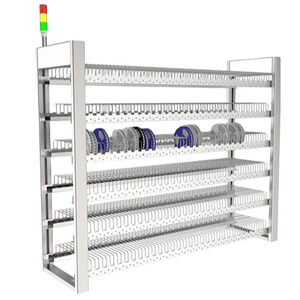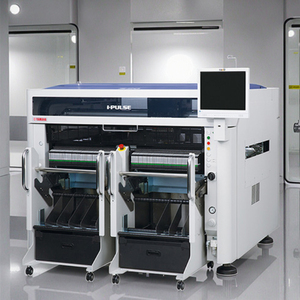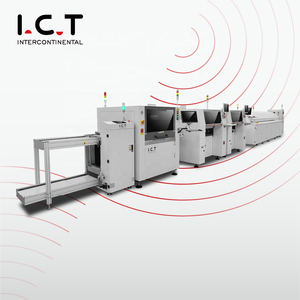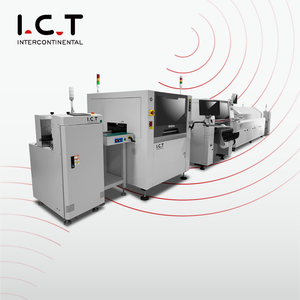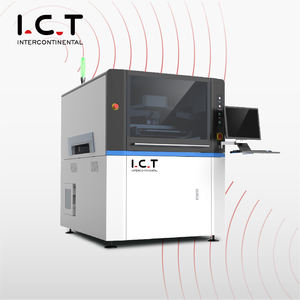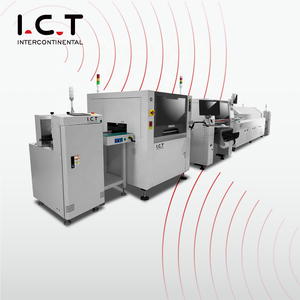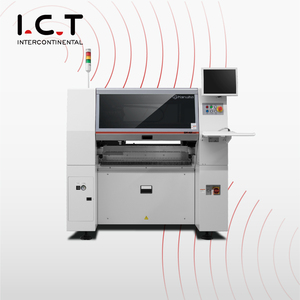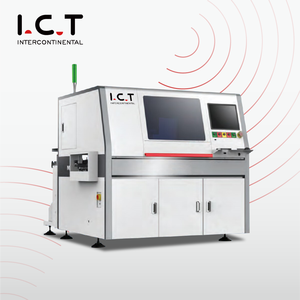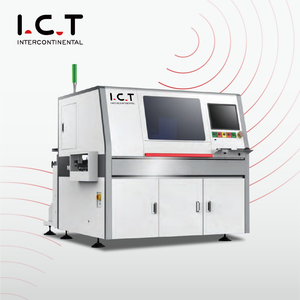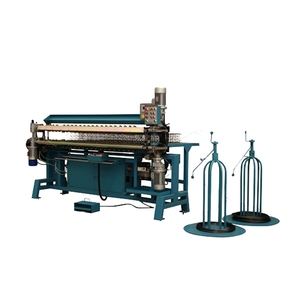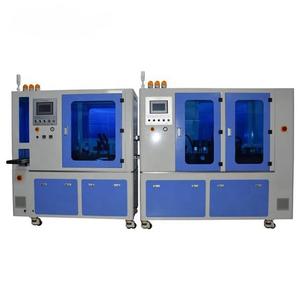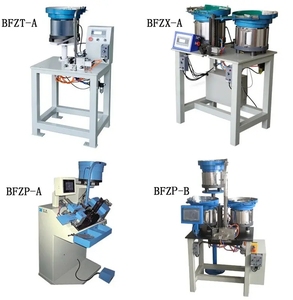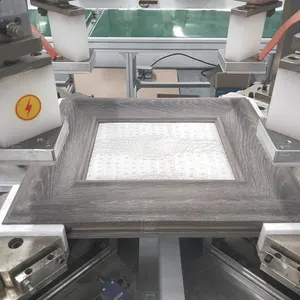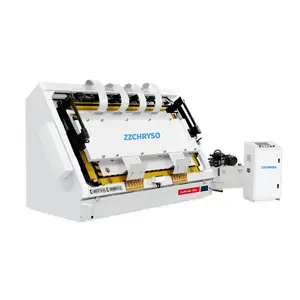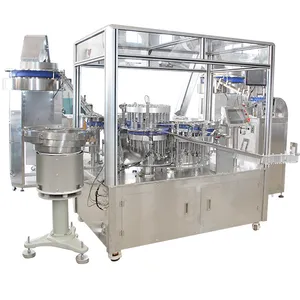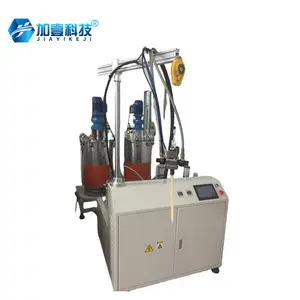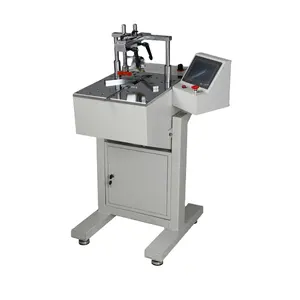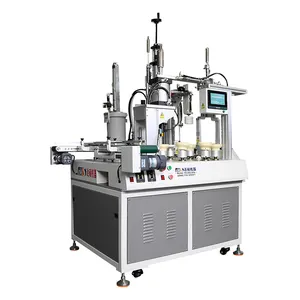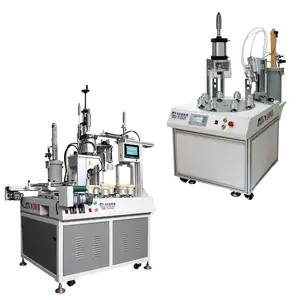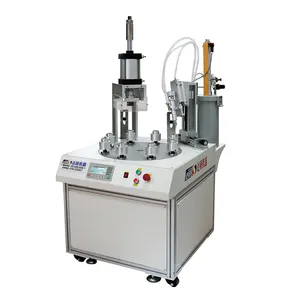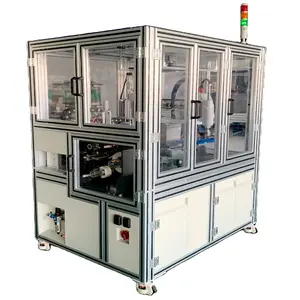Machine Assembly Process



 Top sponsor listing
Top sponsor listing




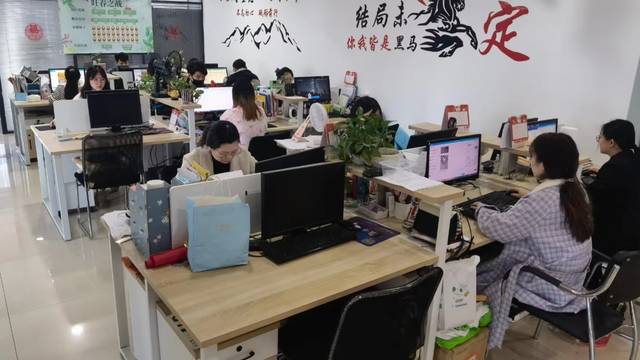














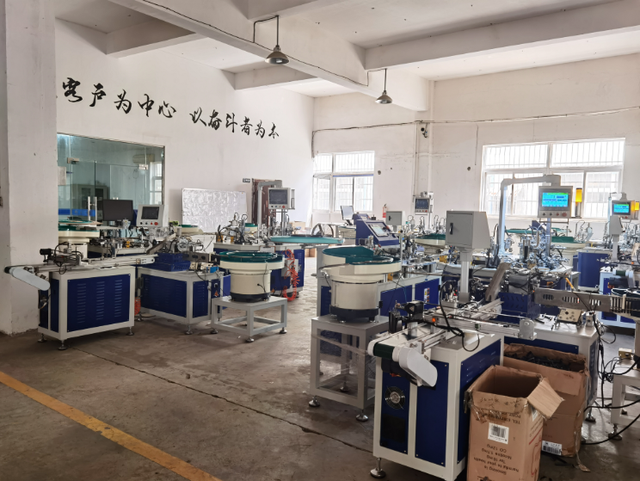







 CN
CN





About machine assembly process
Where to Find Machine Assembly Process Suppliers?
China remains the global epicenter for machine assembly process equipment manufacturing, with key industrial hubs in Guangdong and Henan provinces driving innovation and volume production. Dongguan and Shenzhen in Guangdong specialize in high-precision automation systems for electronics and medical devices, supported by mature SMT and surface-mount technology ecosystems. Zhengzhou in Henan has emerged as a center for general-purpose assembly machinery, particularly for consumer goods and hardware components, benefiting from regional logistics efficiency and cost-effective labor.
These clusters offer vertically integrated supply chains where component fabrication, control system integration, and final assembly occur within tightly coordinated networks. Suppliers in these regions typically operate facilities equipped with CNC machining centers, robotic arms, and programmable logic controllers (PLCs), enabling rapid prototyping and scalable production. Buyers benefit from lead times averaging 30–45 days for standard models, with customization cycles extending by 10–20 days depending on complexity. Localized sourcing of motors, sensors, and structural materials reduces overall costs by 15–25% compared to equivalent suppliers outside Asia.
How to Choose Machine Assembly Process Suppliers?
Selecting reliable partners requires systematic evaluation across technical, operational, and transactional dimensions:
Technical Expertise and Customization Capability
Assess whether suppliers demonstrate proven experience in your target application—such as medical device automation, electronics packaging, or fastener assembly. Key indicators include availability of customization options for material handling, color coding, labeling, panel graphics, and integration with downstream processes like wave soldering or reflow ovens. Prioritize companies offering full turnkey solutions, including stencil printers, gluing machines, and ultrasonic cleaning stations, which signal deeper process knowledge.
Production Infrastructure Verification
Evaluate core capabilities through objective metrics:
- Facility size and specialization (e.g., dedicated clean rooms for medical-grade assembly)
- In-house engineering teams capable of PLC programming and mechanical redesign
- Range of main product categories indicating vertical focus (e.g., >7,600 listings in Electronics Production Machinery suggest domain mastery)
- Cross-reference online revenue data and order fulfillment rates to assess scalability
Response time ≤3 hours and 100% on-time delivery records indicate strong internal coordination. Reorder rates above 25% reflect customer satisfaction with both machine performance and post-sale support.
Quality Assurance and Transaction Security
Confirm adherence to international quality management standards such as ISO 9001, even if not explicitly stated. For export-bound equipment, verify CE marking suitability for European markets or compliance with RoHS directives where applicable. Utilize secure payment mechanisms that align financial release with milestone verification, especially for high-value automated systems priced above $50,000. Request test reports or video demonstrations of machine cycle accuracy, rejection rate, and mean time between failures (MTBF) before full commitment.
What Are the Best Machine Assembly Process Suppliers?
| Company Name | Main Products (Listings) | Customization Options | On-Time Delivery | Reorder Rate | Avg. Response | Online Revenue | Price Range (USD) |
|---|---|---|---|---|---|---|---|
| Dongguan ICT Technology Co.,Ltd. | Electronics Production Machinery (7,636) | Color, material, size, logo, packaging, label, panel graphic, SMT solutions | 100% | 100% | ≤3h | $320,000+ | N/A |
| Zhengzhou Hento Machinery Co., Ltd. | Assembly Equipment (Clothespins, Clips) | Color, material, size, logo, packaging, label, graphic | 100% | 28% | ≤1h | $360,000+ | $8,365–13,090 |
| Shenzhen Guanshentai Technology Co., Ltd. | Automatic Assembly Lines (22) | Limited public detail; focused on biomedical applications | 100% | - | ≤4h | - | $7,000–350,000 |
| Cixi Dingke Machinery & Equipment Co., Ltd. | Automatic Press & Hose Clamp Machines | Color, material, size, logo, packaging, label, graphic | 100% | 27% | ≤2h | $500,000+ | $1,000–15,000 |
| Yuhuan Hengxiang Machinery Equipment Co., Ltd. | Medical Device Assembly Systems | Application-specific design for syringes, IV sets, needles | 100% | <15% | ≤3h | $130,000+ | $10,000–800,000 |
Performance Analysis
Dongguan ICT Technology stands out with a 100% reorder rate and extensive product range in electronics production machinery, indicating exceptional customer retention and technical maturity. Zhengzhou Hento and Cixi Dingke offer competitive responsiveness (≤1h and ≤2h, respectively) and strong customization flexibility at mid-range price points, making them suitable for small-to-mid volume producers. Shenzhen Guanshentai focuses on high-complexity medical assembly systems, with machines exceeding $300,000 reflecting advanced integration requirements. Yuhuan Hengxiang serves niche biomedical clients with ultra-high-end configurations, though its sub-15% reorder rate suggests potential gaps in service or adaptability. All top-tier suppliers maintain 100% on-time delivery, underscoring reliability in fulfillment despite varying scale and specialization.
FAQs
What is the typical MOQ for machine assembly process equipment?
Minimum order quantities are generally set at 1 unit or set, allowing buyers to procure individual machines for pilot testing or capacity expansion without bulk commitments.
How long does it take to receive a customized assembly machine?
Standard delivery ranges from 30 to 45 days. Custom-engineered systems, particularly those involving new tooling or regulatory compliance (e.g., medical devices), may require an additional 10–20 days for design validation and testing.
Are samples available for functional testing?
While physical samples of entire machines are uncommon due to size and cost, suppliers typically provide video demonstrations, CAD models, or trial runs using client-provided components. Some offer remote live testing via video call.
Can assembly machines integrate with existing factory lines?
Yes, most suppliers design machines with standard communication protocols (e.g., Modbus, Profibus) and mechanical interfaces for conveyor synchronization. Provide layout specifications and throughput requirements early in discussions to ensure compatibility.
What after-sales support should be expected?
Leading suppliers offer installation guidance, operator training, and remote troubleshooting via PLC diagnostics. Warranty periods typically range from 12 to 24 months, covering critical components like motors and controllers. Clarify spare parts availability and response timelines for field service prior to purchase.







